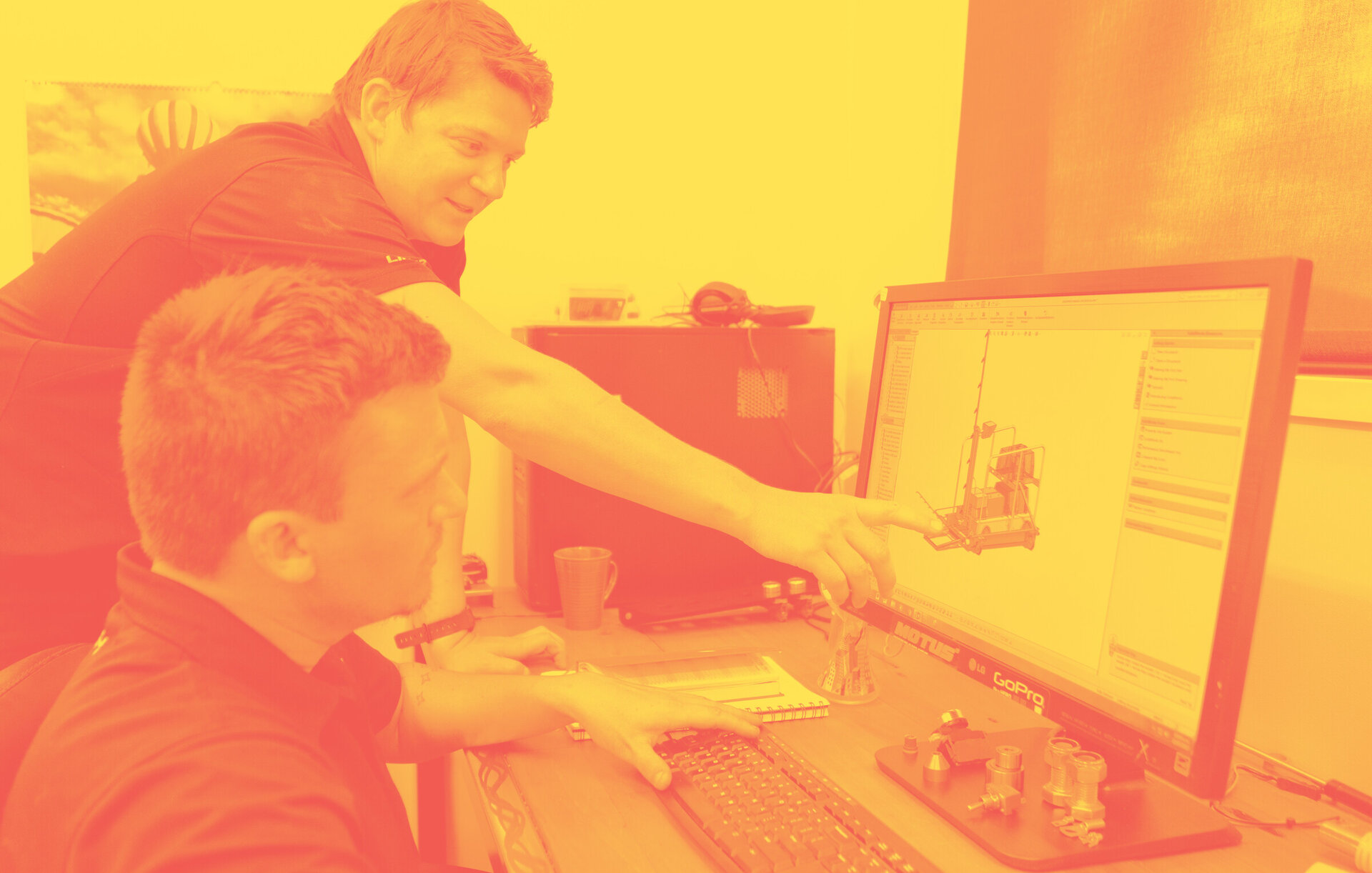Originally hailing from the mountainous regions that divide Asia and Europe, the history of kefir dates back many centuries, having been traditionally used by both the Tibetan and Caucasian cultures.
The word kefir comes from a Turkish word ‘keyif,’ which translates as ‘good feeling’ and the drink is designed to support digestive health.
Meet Scott Butland and Torben Sorensen, the team behind Momojo, the Puhoi based company producing the traditional, cultured, fermented dairy drink, called kefir.
Momojo is one of the start-ups taking part in our three month Sprout 2021 Accelerator, in the Cohort B intake.
For this dynamic team of two, the idea to produce a kefir product was born when Scott started looking for a new business idea and seeking inspiration from friends.
“I was talking to a friend, who told me his wife and her friends had just gotten into this new thing called kefir. They were making it using grains and milk, and serving it with their breakfast cereal.
“At the time I didn’t know much about it, but when I looked it up, I found out all about it’s benefits, such as probiotics for gut health. I thought to myself, this is exactly what people are looking for”.
As a product, Kefir is described as a ‘really powerful, fermented dairy beverage’, and while the health benefits are becoming more widely known, the market in New Zealand for kefir is currently quite small.
“We recognised that there was an exciting opportunity to bring out a product that people can use in a similar way to yoghurt, but performs better in terms of gut health benefits through having higher probiotic content to support a healthier microbiome”.
New Zealand currently has one other dairy kefir product on the market, which the team say is quite different to our own product.
The main differentiator of Momojo from the competition, is that Momojo kefir is created using different cultures, which in turn has created a very different style product.
“When we first started working together, we quite quickly produced a kefir that is very similar to what is already on the market. After this, we did a lot of research, and investigated the history of kefirs, making enquiries around sourcing different cultures to produce a specific type of kefir product that we were after.
“Much to our surprise, when we made a product using these different cultures, it was suddenly very different. Instead of having the same amount of milk sugar at the end of our fermentation, the level of milk sugar had declined and instead we were left with a lot of complex carbohydrates. It is these complex carbohydrates in addition to the probiotics that we believe are responsible for the health benefits of Momojo kefir”.
The Momojo team say it’s not just the cultures that make their product different, but the methodology in which they create the kefir. It’s the combination of both, that they contribute to the health benefits they’re seeing from people who have tried the product.
“People who have tried our kefir have come back to us saying that they actually feel better afterwards, not weeks down the line, but within twenty minutes of drinking it.
When looking to the future for Momojo, the team say that the potential for market growth in New Zealand is really exciting, with Scott and Torben comparing their vision for the trajectory of kefir to that of kombucha.
“Kombucha and kefir are often compared, but kefir consistently wins when it comes to the health benefits. If you think about the rise of kombucha, from where it was five years ago to where it is today - in pretty much every cafe in New Zealand, we see the same happening for the kefir market. We hope to see a similar sort of growth curve”.
When asked about their goals, the team say that of course they aspire to make Momojo a profitable business, but that at the heart of what they’re doing, is wanting to create something that makes a meaningful contribution.
“We want to do something that is in line with our values as people, while of course making a profit, but the idea of profit at any cost is not something that we're aiming for. We would like that profitability to be able to serve other purposes”.
To ensure sustainable growth for the company, Scott and Torben are focused on making sure that as the demand for kefir grows, which they predict it will, that they’re able to keep up with that demand.
“We’re focusing on two key aspects of the business; the production of the kefir, producing it in a cost effective and efficient way, and identifying and targeting key target markets.
“Being a small company, we recognise that we can't be all things to all people, so we want to find defined segments of the market that we can target”.
Sprout is looking for start-ups with a disruptive idea in AgTech or FoodTech to join us for our 2022 Accelerator intake. Think you have what it takes?
Find out more about our Sprout Accelerator.



